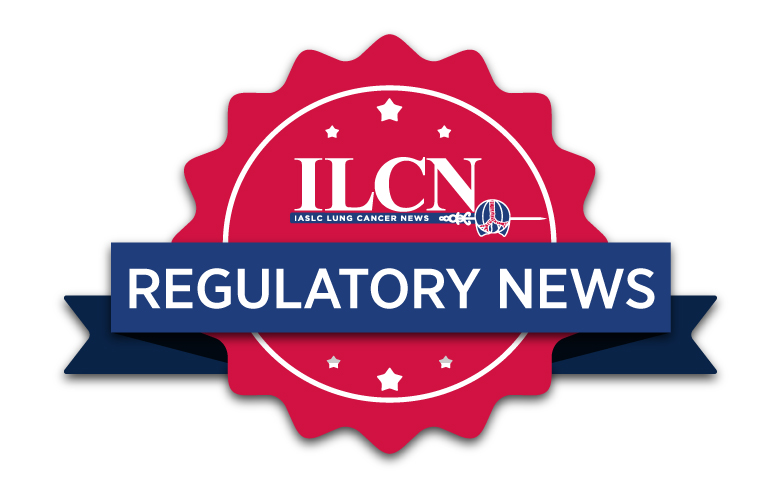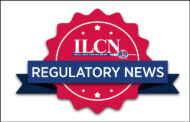
The US Food and Drug Administration recently granted a Breakthrough Therapy designation for a novel TKI based on preliminary clinical data from a phase I study (NCT05099172).
The open-label, multicenter, first-in-human study is evaluating the safety and preliminary efficacy of a novel TKI for the treatment of patients with unresectable or metastatic non-small cell lung cancer (NSCLC) whose tumors have activating HER2 (ERBB2) mutations, and who have received a prior systemic therapy. The new agent potently inhibits mutant HER2, including HER2 exon 20 insertions and HER2 point mutations, as well as EGFR, with high selectivity for mutant versus wild-type EGFR.1,2
The FDA’s Breakthrough Therapy designation is intended to expedite the development and review of drug candidates that treat serious or life-threatening diseases or conditions when preliminary clinical evidence indicates that the drug may demonstrate substantial improvement in one or more clinically significant endpoints compared to available therapies.3
References
- 1. Siegel F, Karsli-Uzunbas G, Kotynkova K, et al, Preclinical activity of BAY 2927088 in HER2 mutant non-small cell lung cancer. In: Proceedings of the American Association for Cancer Research Annual Meeting 2023; Part 1 (Regular and Invited Abstracts); 2023 Apr 14-19; Orlando, FL. Philadelphia (PA): AACR; Cancer Res 2023;83(7_Suppl):Abstract nr 4035.
- 2. Siegel F, Siegel S, Graham K, et al. BAY 2927088: The first non-covalent, potent, and selective tyrosine kinase inhibitor targeting EGFR exon 20 insertions and C797S resistance mutations in NSCLC. European Journal of Cancer. 2022;174:S9-S10.
- 3. https://www.fda.gov/patients/fast-track-breakthrough-therapy-accelerated-approval-priority-review/breakthrough-therapy


